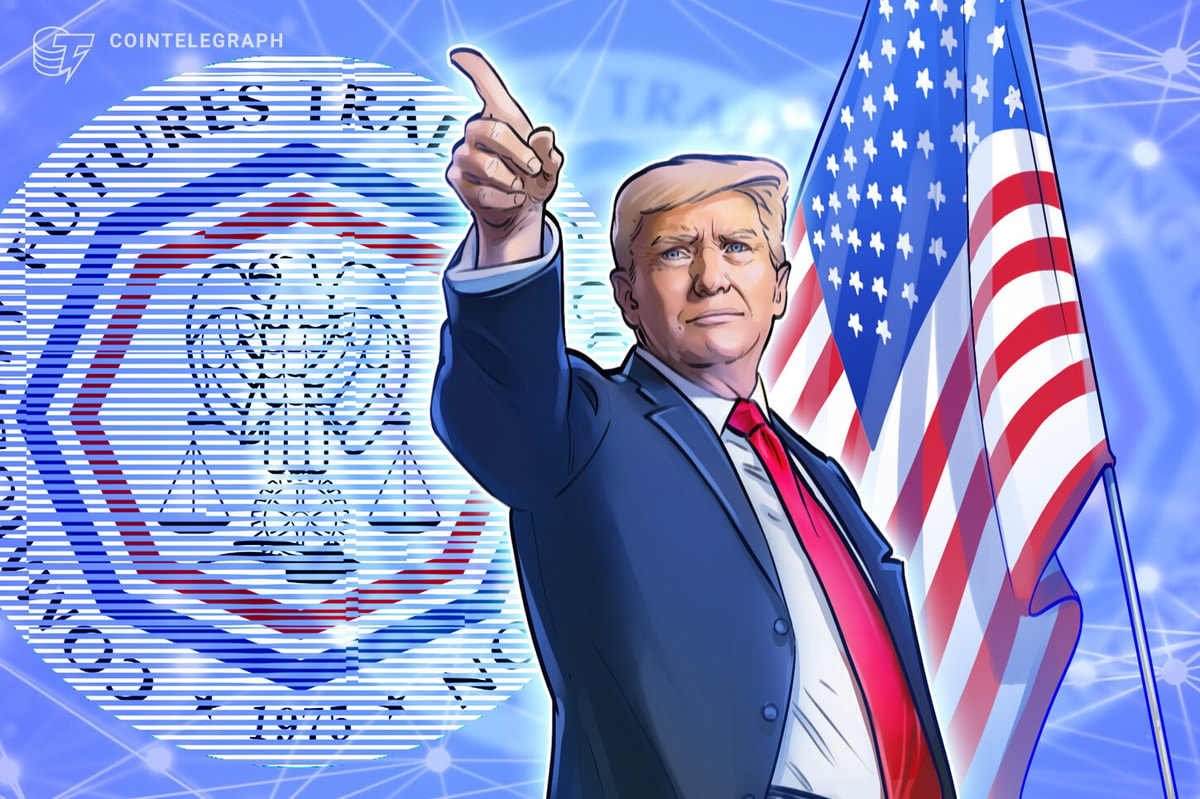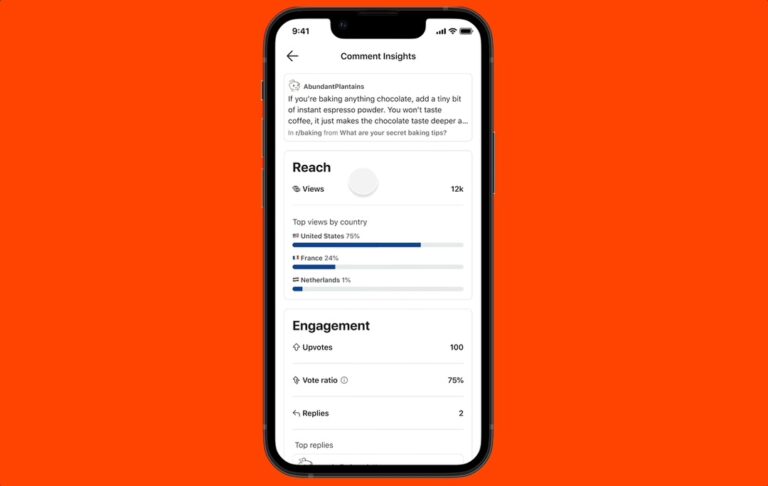Brian Quintenz Speaks About Possibility Of Bipartisan CFTC Under Donald Trump
Brian Quintenz declined to say whether he supports maintaining a bipartisan balance at the Commodity Futures Trading Commission during a Senate nomination hearing on Tuesday, avoiding a key question from lawmakers weighing his potential return as chair.
Quintenz, a former commissioner at the Commodity Futures Trading Commission (CFTC) and US President Donald Trump’s nominee to chair the agency, addressed several questions about his potential policy stance on crypto if confirmed as the new head of the agency.
Senators Tina Smith of Minnesota and Raphael Warnock of Georgia pressed him about whether he would make recommendations to Trump in support of having both Democratic and Republican commissioners at the CFTC. Quintenz avoided a direct answer, steering the conversation toward his experience.
The law requires that no more than three CFTC commissioners belong to the same political party. As of Tuesday, only two commissioners — acting chair Caroline Pham and Kristin Johnson — were serving at the agency, but both are expected to depart if Quintenz were to be confirmed and potentially later in 2025.
Smith called Quintenz’s answer “disappointing.”
At the time of publication, it was unclear whether Quintenz would have enough support in the Senate for his nomination to advance through the committee and be considered in the full chamber.
The makeup of the CFTC, as one of two significant US financial regulators, could have a major role in overseeing digital assets as Congress considers legislation to establish a digital asset market structure framework.
Related: Empty seats could hamper CFTC’s ability to regulate crypto
Though many questions at the hearing focused on prediction markets and how Quintenz would address regulatory issues as chair, Alabama Senator Tommy Tuberville asked the prospective commissioner about his experiences dealing with debanking through his role at the venture capital firm Andreessen Horowitz, where he worked after leaving the CFTC in 2021.
“I know, from personal experience, that there were investments that our firm was trying to make in the small teams, and our firm couldn’t even send them a check,” said Quintenz. “Because they couldn’t open a bank account because they were in the crypto industry.”
CLARITY Act could change how the CFTC and SEC regulate crypto
Quintenz also said the federal agency would likely need more resources and staff if Congress were to pass legislation giving it more authority over digital assets. He weighed in on the crypto market structure bill — the CLARITY Act — being considered in the House of Representatives and how the CFTC could function under a framework granting it more power to regulate digital assets.
“As crypto assets and blockchain technology evolves and becomes decentralized, it allows networks to form and that governance process to be released outside of the control of an individual person or an entity or a business and be distributed in a transparent way, that poses new and interesting questions from a regulatory perspective,” said Quintenz, adding:
“I do believe that if Congress decides to give authority to the CFTC to regulate spot digital commodity markets exclusively, with clarity, I think the CFTC is more than up for that mandate and that mission.”
Quintenz’s remarks echoed the sentiment of his prepared testimony. The prospective CFTC chair has disclosed positions in cryptocurrency and market firms, which could create conflicts of interest if he were to be confirmed by the Senate. He pledged to resign from all positions and divest from certain assets within 90 days of his confirmation.
Magazine: Crypto wanted to overthrow banks, now it’s becoming them in stablecoin fight






